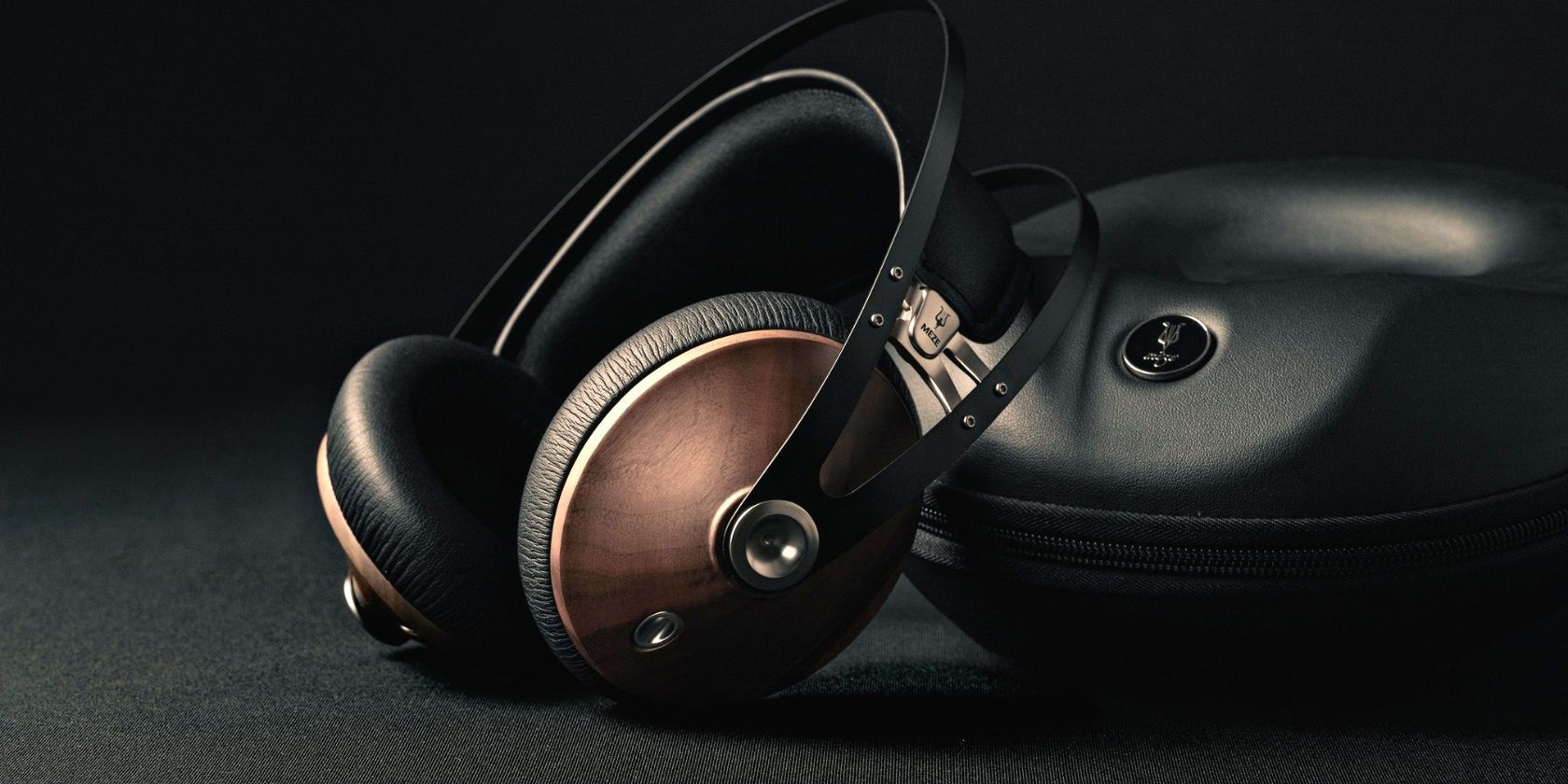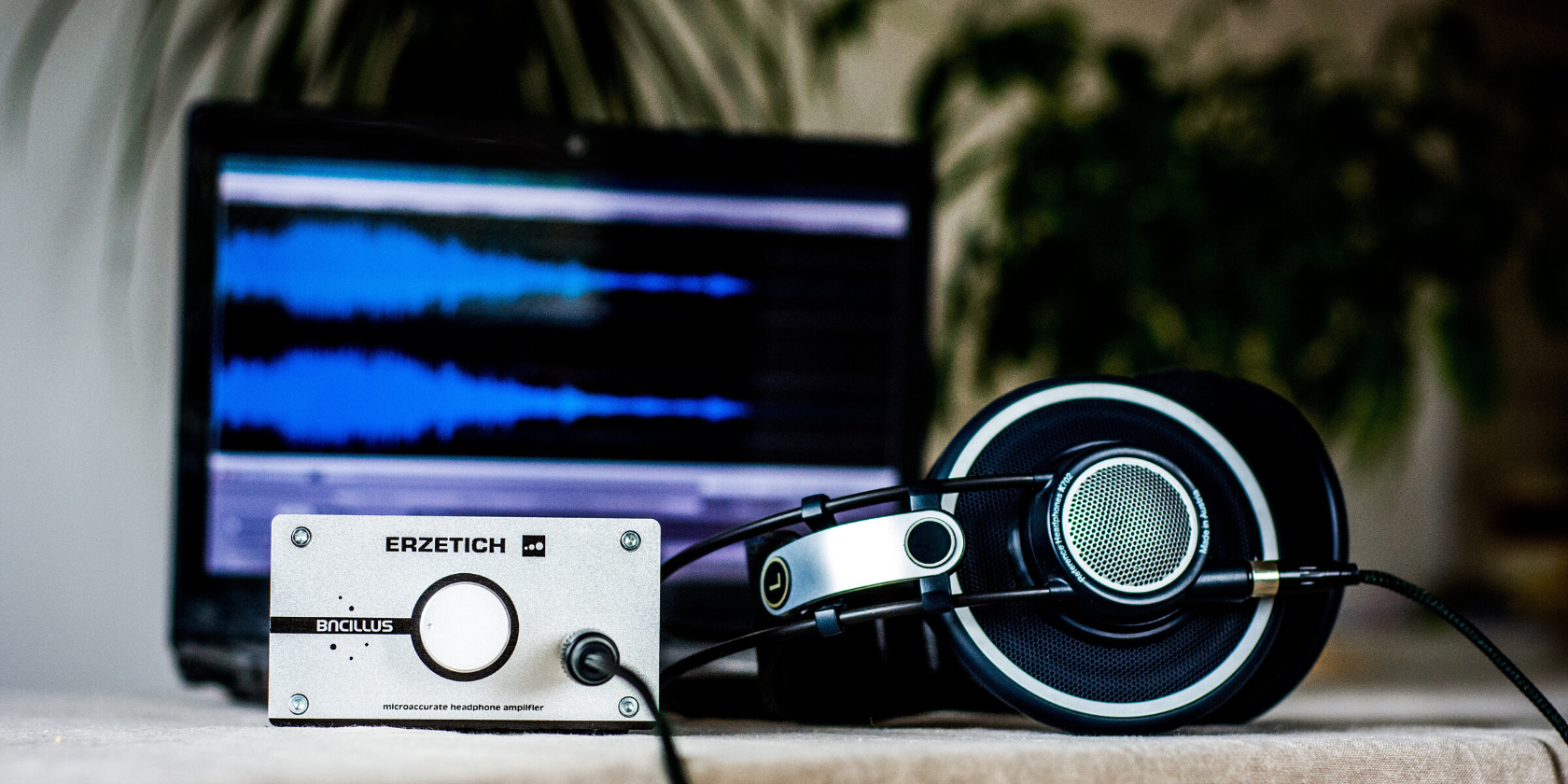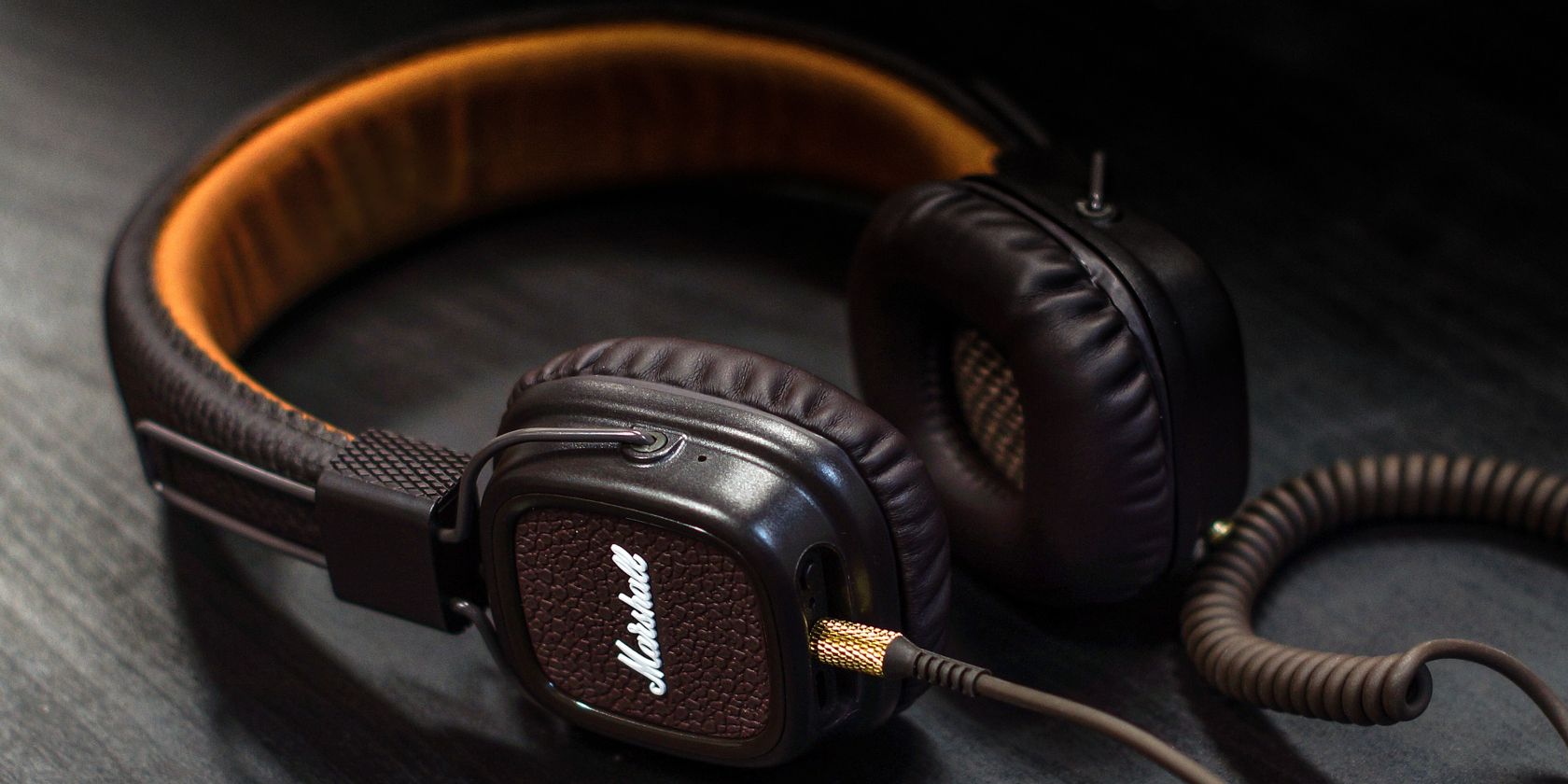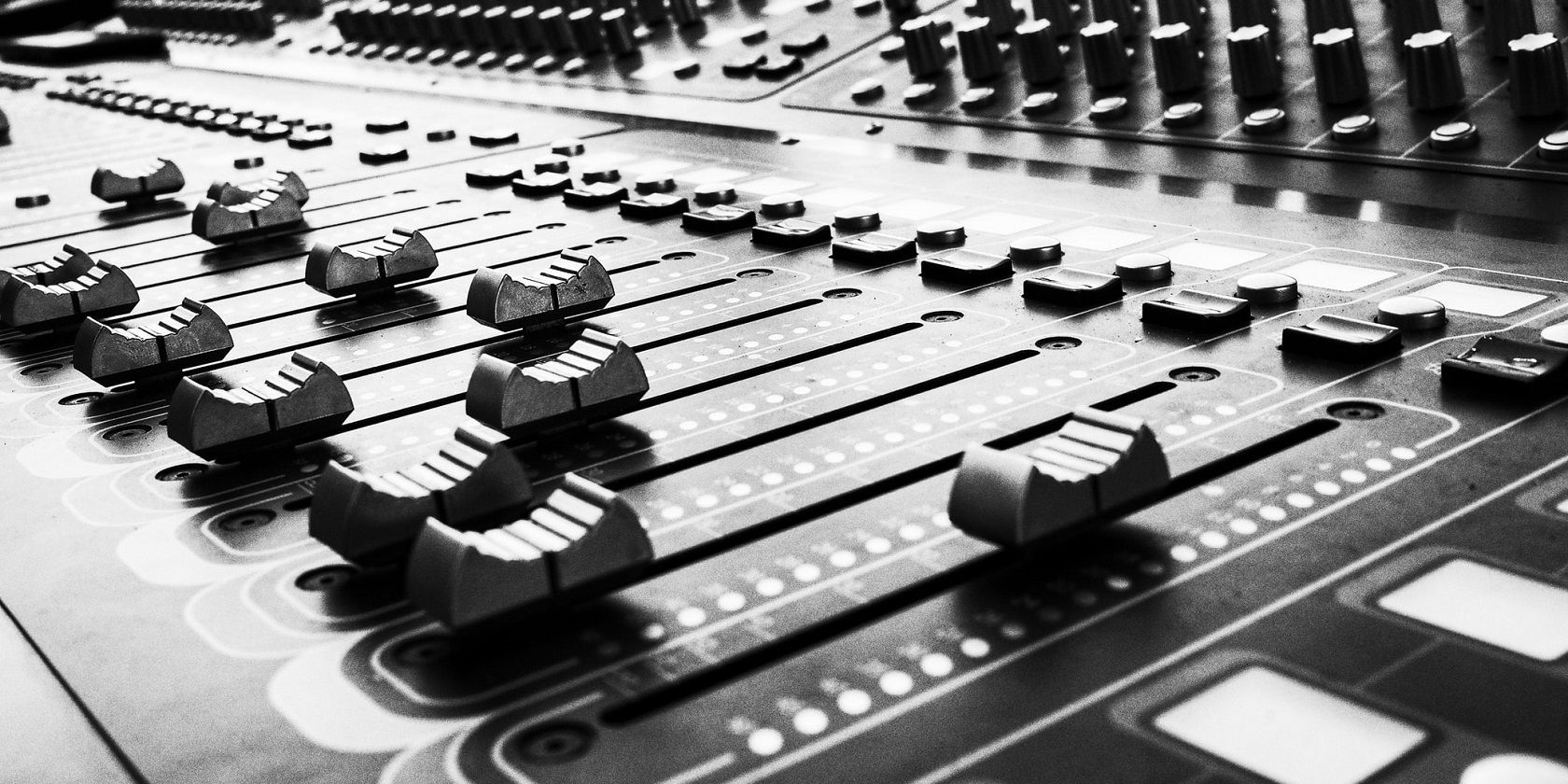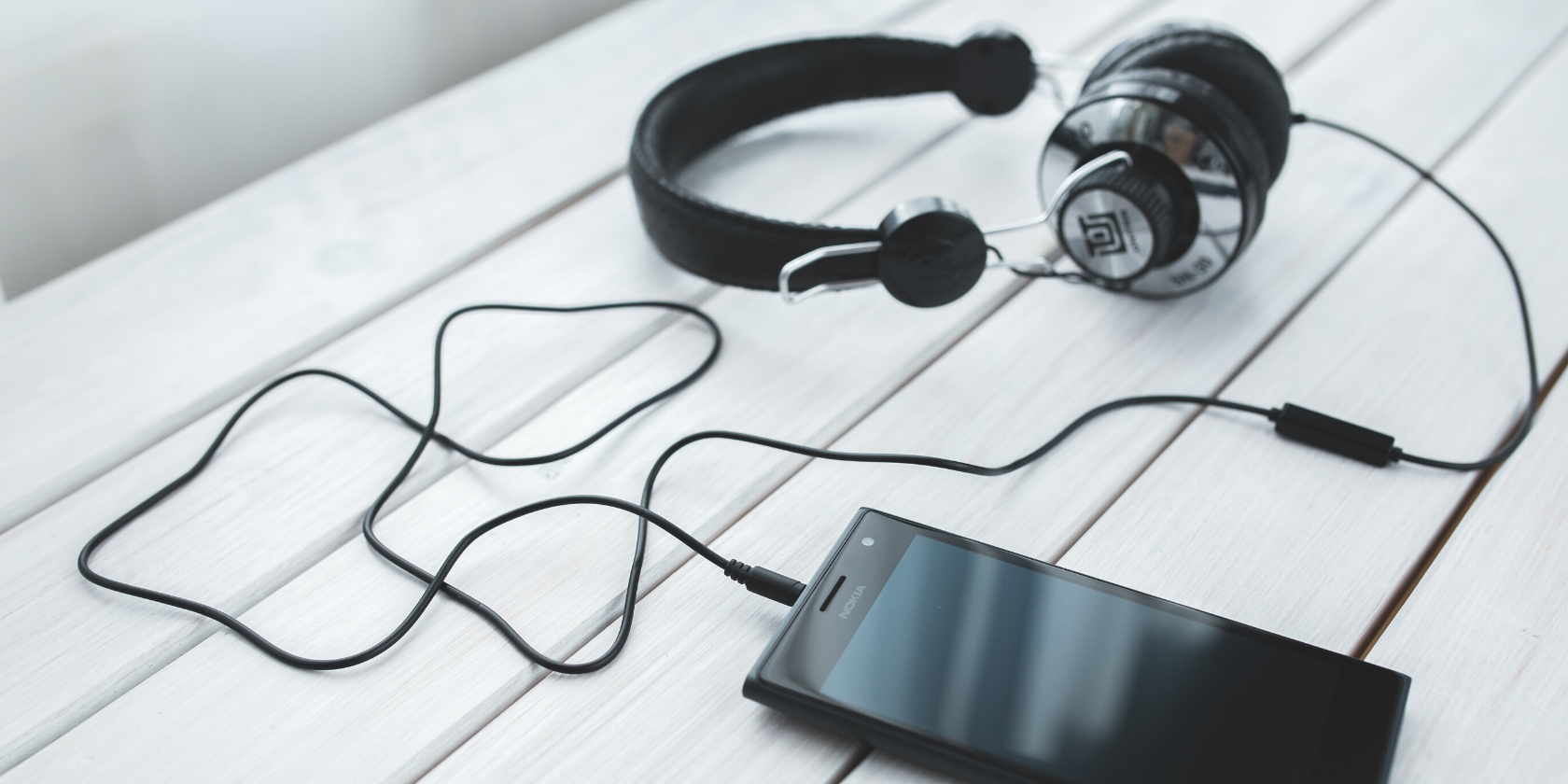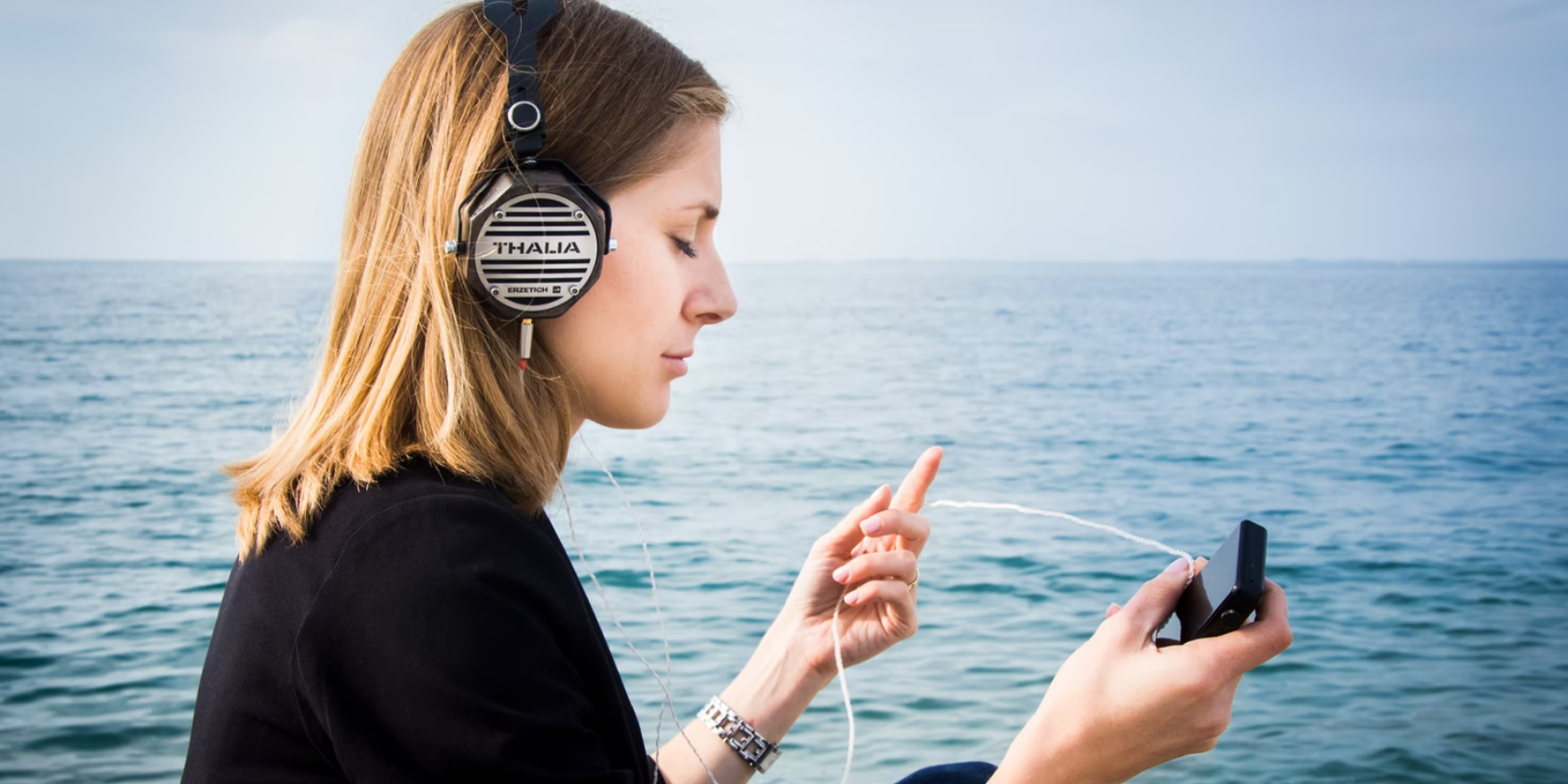High-res audio listening is an interesting yet niche hobby. But when you search for audiophile headphones and see those price tags, you realize how expensive this hobby can be.
Yet, many audiophiles and reviewers swear that buying high-end headphones is worth every penny. If they've managed to convince you, here are a few things you should know before buying your first pair of audiophile headphones.
Why Are Audiophile Headphones So Expensive?
1. They Are Not Mass-Produced
Consumer-grade headphones are made for the masses and in large quantities. This means they can enjoy economies of scale and have a lower per-unit cost. The higher the production volume, the lower the cost and final price per product.
High-end headphones are made for a small group of buyers like live performers, audiophiles, audio engineers, and artists. Due to a smaller production volume, they can't enjoy economies of scale—resulting in a higher per-unit cost and high price per product.
2. They Have Higher Sound Fidelity
When it comes to raw sound fidelity, the ceiling for professional headphones is very high. Consumer-grade headphones don't even lie in the same universe. The latter is built to maximize convenience, while the former is built for accurate sound reproduction and monitoring.
Creating a more "accurate" sounding headphone requires more R&D costs and special parts that are not readily available. Plus, you also need to tune the headphone drivers in a specific way to give a specific output. Basically, a lot of sciency stuff.
3. They Are Built to Last
Most consumer-grade headphones, wired and wireless alike, are not built to last. Manufacturers know that their product will be disregarded as soon as a competitor releases a more appealing product.
That's why they compromise on the durability of the headphones to make them cheaper and easier to produce. That is not the case with high-end headphones. It's not uncommon for audiophiles to own multiple pairs of headphones and use them for decades, sometimes a lifetime!
5 Things to Do Before Buying Expensive Headphones
1. Know Your Preferred Sound Signature
Before buying a pair of high-end headphones, you first need to know what kind of listener you are. While some people look for an energetic and thumpy sound, others love clarity and detail. You need to know which camp(s) you belong to.
To do so, the best place to start is by learning about the types of headphone sound signatures. Note that high-end headphones usually don't sound as "fun" as regular headphones. This is because they focus more on delivering greater definition and audio effects like soundstage and audio imaging.
2. Learn About Audio Specs and What They Mean
Just like how you read the spec-sheet of a new phone before buying it, you need to do the same for headphones. The three things to look out for are frequency response, impedance, and sensitivity.
Frequency response is the spectrum of sound frequencies your headphones can play (usually 20Hz-20KHz, the commonly accepted range of human hearing). Impedance is how much power they need to run optimally and not sound quiet. Sensitivity is how loud they sound using a certain level of power.
The reason you need to learn about these is so that you don't try to drive your expensive headphones with an incompatible audio system. Most high-end headphones won't run well with your smartphone or laptop and require an external DAC and AMP to run the way they were meant to.
3. Buy Wired Instead of Wireless
Wireless headphones and TWS earbuds are all the rage in the world of tech right now. And while they are definitely convenient, they don't offer the same level of raw sound fidelity that a pair of professional wired headphones can for the same price.
If you want the best sound quality possible for your money, pick wired headphones.
But if you can't do without the convenience of wireless, one thing that you can do is buy an external Bluetooth adapter. This way, you'll be able to enjoy high-quality audio without having to fumble too much with the cables. But take note that an adapter might hinder the sound quality a bit.
4. Research Extensively
If you search "best audiophile headphones" on Google, pretty much every result has a very hefty price tag. That's what keeps people from getting into high-end audio and just making do with what they have.
Don't worry. Despite what you see in search results, you don't need to shell out hundreds or thousands of dollars to get good sound. There are quite a few entry-level audiophile headphones out there that are an absolute bargain for the sound they offer.
Only, you will have to do your research to find them amid the sea of expensive headphones. Some of the best budget audiophile headphones include the Samson SR850, the Superlux HD681, and the Grado SR60e. Each has a different sound signature and audio effects, so make sure to research them if you're thinking about buying.
5. Try Them Out First if Possible
The best way to judge a headphone's sound is by trying it out yourself. Unfortunately, no matter how many reviews you watch about headphones, it's impossible to precisely tell how it sounds on your ears with all the minute details.
Audiophiles and reviewers often use a lot of jargon to describe audio qualities. Terms like "airy," "spacious," "sharp," "forward," "muddy," "punchy," and "colored" all help describe certain audio qualities. Still, nothing beats trying them out yourself.
Are Expensive Headphones Worth the Money?
A lot of us want to get more out of our headphones to better immerse ourselves when listening to music, watching movies, or playing video games. But don't expect to find stellar sound quality in cheap headphones.
If you happen to have an audio store near you, we highly recommend visiting and trying out different high-end headphones and inquiring about them with the store manager. You'd be surprised how much value you can get by spending just a little bit more.

